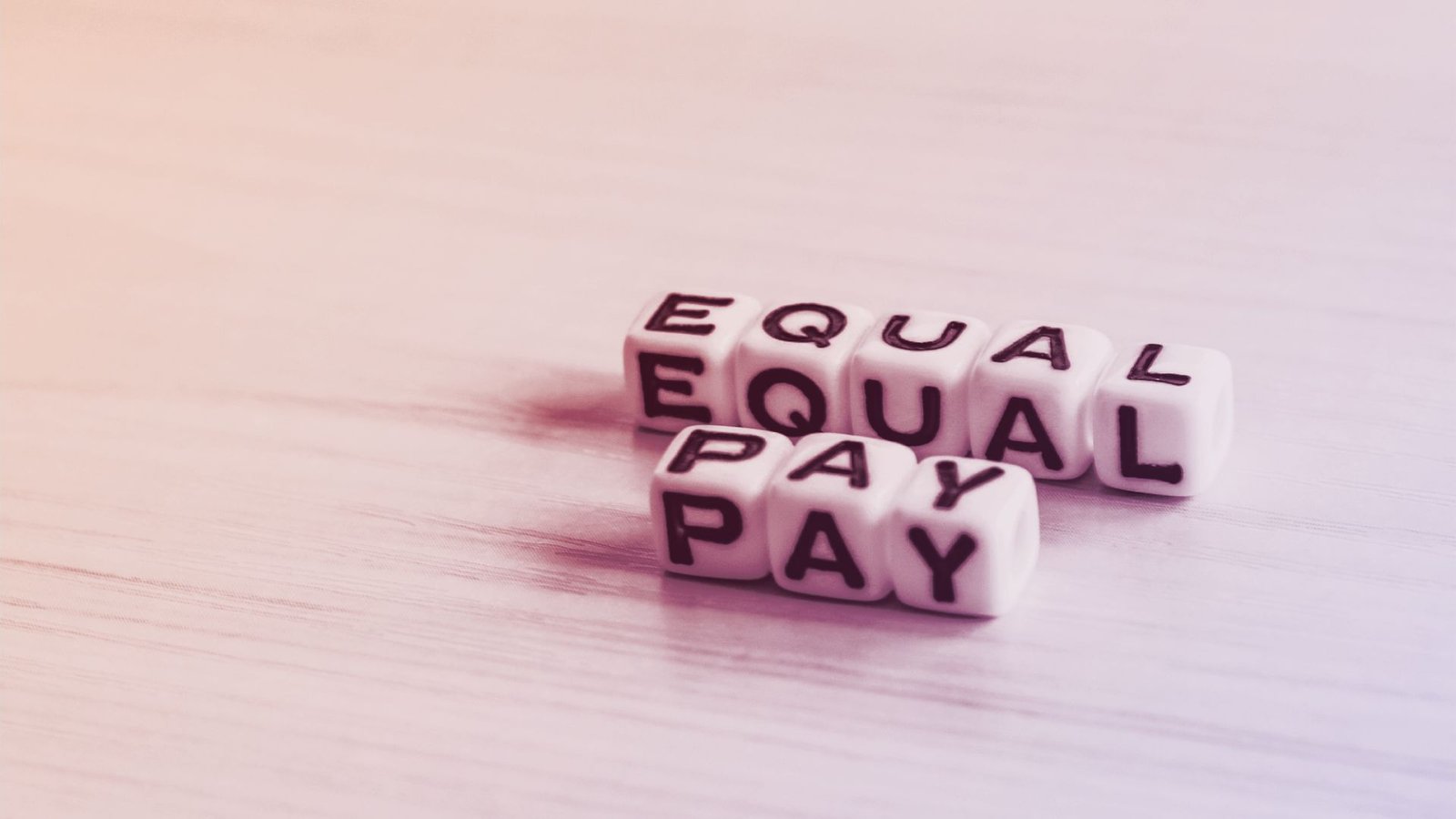Equal Pay for Equal Work
Equal pay for equal work is a fundamental principle that ensures employees are compensated fairly for performing the same job, regardless of their gender, race, or other characteristics. This principle is essential for promoting fairness and equity in the workplace. Understanding and implementing equal pay practices not only supports employee satisfaction but also contributes to a more productive and inclusive work environment.

Why Equal Pay for Equal Work Matters
Equal pay for equal work is important for several reasons:
- Fairness: It is a matter of fairness that employees who perform the same job and contribute equally to the organization receive the same compensation. Discrepancies in pay based on gender or other characteristics are unjust and undermine employee morale.
- Legal Compliance: Many countries have laws that mandate equal pay for equal work. Compliance with these laws helps avoid legal issues and potential lawsuits related to wage discrimination.
- Attracting Talent: Companies that practice equal pay are more likely to attract top talent. Fair compensation practices enhance a company’s reputation and make it a more attractive place to work.
- Employee Retention: Ensuring equal pay helps retain employees by fostering a sense of fairness and trust within the organization. Employees who feel they are paid fairly are more likely to stay with the company.
Challenges in Achieving Equal Pay
Despite the clear benefits, achieving equal pay for equal work can be challenging:
- Pay Gaps: Pay gaps often exist between different groups, such as between men and women or between employees of different racial backgrounds. These gaps can be the result of various factors, including biases in hiring and promotion practices.
- Lack of Transparency: In many organizations, salary information is not transparent, making it difficult for employees to know whether they are being paid fairly. Lack of transparency can perpetuate existing pay disparities.
- Unconscious Bias: Unconscious biases can influence pay decisions, leading to discrepancies in compensation. For example, biases about gender roles or career commitment can impact how salaries are set and adjusted.
Strategies to Ensure Equal Pay for Equal Work
To effectively address and ensure equal pay for equal work, companies can implement several strategies:
1. Conduct Pay Audits
Regular pay audits can help identify and address pay disparities. Analyzing salary data to compare compensation across different groups and roles helps uncover any inequities. Companies should take corrective actions to address any identified gaps.
2. Promote Pay Transparency
Increase transparency around compensation by sharing salary ranges for different roles and providing clear information about how pay decisions are made. Transparent pay practices help employees understand how their salaries are determined and ensure fairness.
3. Standardize Compensation Processes
Implement standardized processes for setting and reviewing salaries. This includes using objective criteria for determining compensation, such as job responsibilities, experience, and performance, rather than subjective factors.
4. Address Unconscious Bias
Provide training for managers and HR professionals to recognize and address unconscious biases. Training should focus on how biases can affect pay decisions and how to make more objective and fair evaluations.
5. Implement Fair Evaluation Methods
Use consistent and objective methods for evaluating employee performance and determining salary increases. Performance reviews should be based on measurable outcomes and achievements, rather than subjective impressions.
6. Ensure Equal Opportunities for Advancement
Provide equal opportunities for career advancement and professional development. Ensure that all employees have access to training, mentorship, and promotional opportunities, regardless of their gender or other characteristics.
7. Review Compensation Regularly
Regularly review and adjust compensation practices to ensure they remain fair and competitive. This includes benchmarking salaries against industry standards and making necessary adjustments to address any disparities.
8. Encourage Employee Feedback
Create channels for employees to provide feedback on pay and compensation practices. Listening to employee concerns and addressing them promptly helps build trust and ensure fairness in pay practices.
Benefits of Equal Pay for Equal Work
Achieving equal pay for equal work offers numerous benefits:
- Enhanced Employee Satisfaction: Fair compensation leads to higher employee satisfaction and engagement.
- Increased Productivity: Employees who feel valued and fairly compensated are more motivated and productive.
- Reduced Turnover: Fair pay practices help retain talent and reduce turnover rates.
- Improved Company Reputation: Companies known for fair pay practices attract top talent and build a positive reputation.
Conclusion
In summary, equal pay for equal work is a crucial principle for ensuring fairness and equity in the workplace. By conducting pay audits, promoting transparency, addressing unconscious bias, and implementing fair evaluation methods, companies can work towards achieving equal pay for all employees.
Addressing pay disparities not only supports employee satisfaction and retention but also enhances overall organizational performance. Committing to fair compensation practices helps create a more inclusive and productive work environment, ultimately benefiting both employees and employers.



